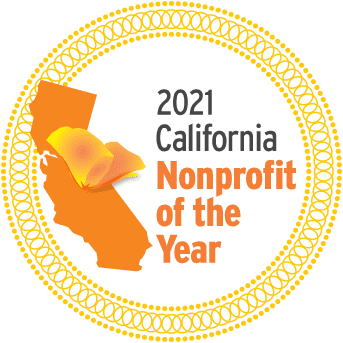I believe image-conscious Apple Computer’s hastily retracted announcement on an outright ban forbidding workers with felony convictions from working on the construction of its massive new 2.8 million-square-foot Cupertino headquarters building does not go far enough.
As an inmate at San Quentin State Prison who will be paroling soon to rebuild my life, my question to Apple is: What do you suppose people with a felony conviction do to earn a living?
I will need the community to support me, not turn its back on me, as a formerly incarcerated citizen. While there is little hope I will be among the 15,000 employees who eventually will work for Apple at Campus 2, banishment from construction and service trades, which historically hire workers with criminal records, leaves me with not many alternatives for employment.
Apple’s flawed policy does two things: It disenfranchises a segment of society from earning an honest living; and, it will drive up crime rates by pushing people back into criminal behavior just to survive.
Apple’s dubious edict tells me that the company holds out no forgiveness for ex-offenders like me and ignores the facts of criminal rehabilitation.
For years, I, like many of the men here at San Quentin, have been preparing to re-enter society. I’ve earned a college degree, taken many offender rehabilitation programs, and will graduate this week from a first-of-its-kind program in computer coding skills. Yet, to Apple, none of this matters.
I am also part of an entrepreneur training program, The Last Mile, which has hosted dozens of entrepreneurs from Silicon Valley technology companies. When these business leaders come to speak to prisoners, almost every one of them has something in common: a previous failure and the tenacity to get back up and reinvent themselves. Steve Jobs (whose picture with the words “Think Different” is hanging in our prison classroom) was the embodiment of this philosophy. Apple needs to follow Jobs in thinking differently about the plight of ex-offenders.
Everyone deserves a second chance. And if Apple truly believes in “opportunity for everyone,” as Apple spokesman Josh Rosenstock said in a statement, it would reconsider this policy, which is discriminatory on its face.
In 2011, 4.8 million Americans were on parole, probation or community supervision, according to a recent study by the Pew Charitable Trusts. If other American companies were to follow Apple’s lead, then what would be the fate of those individuals’ and my employment prospects?
There is a certain irony in a tech company — Apple in particular — not supporting those who have fallen down and managed to pick themselves up.
Everyone in the world knows the compelling story of a failed and virtually bankrupt Apple Computer rising from the brink of collapse. What if investors, banks and the community didn’t give the company a second chance? Would the company be the global giant it is today? Probably not.
When Apple was at its worst, it did get a second chance. Ex-offenders are only looking for the same treatment.
“Reviewing workers criminal history on a case by case basis …,” as Apple claims in its attempt to backtrack on a tragically flawed policy, is a start toward doing the right thing. But if Apple’s interest is to keep the community safe and prevent crime, it would not prevent people from earning an honest living.
Attribution: This article originally appeared in the San Francisco Chronicle on April 17, 2015.
Read Story


